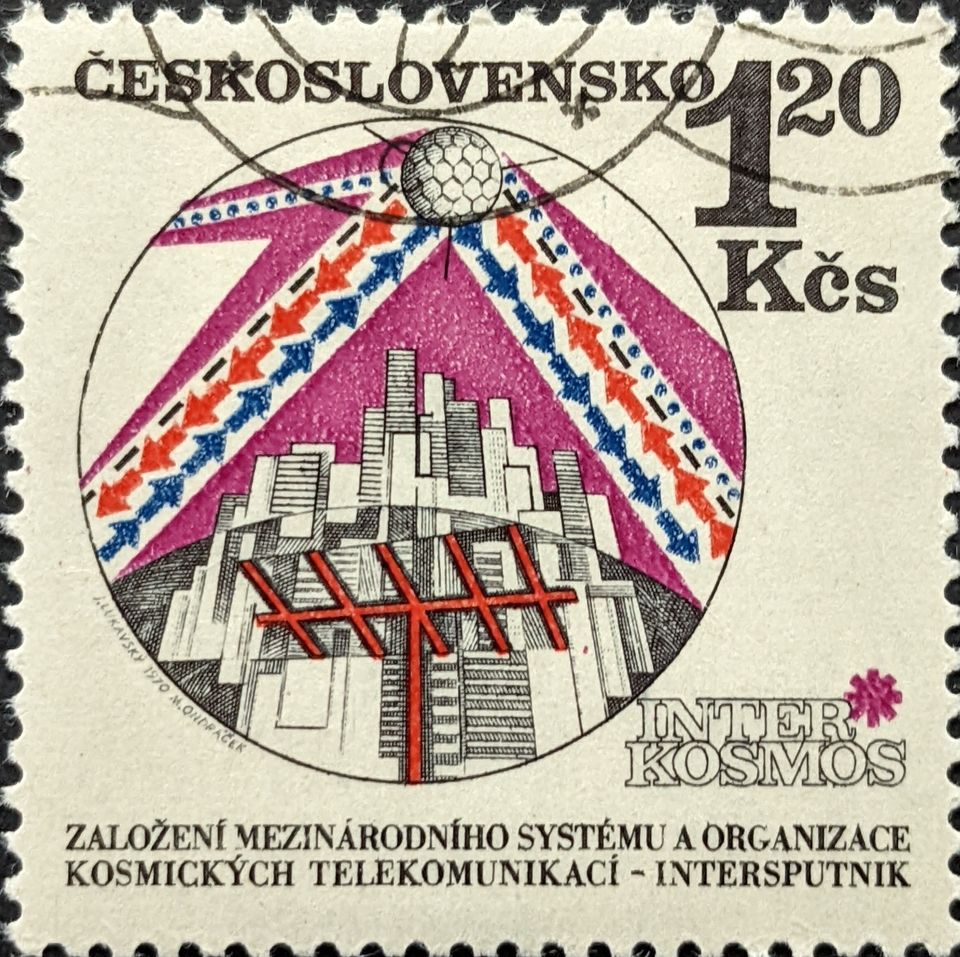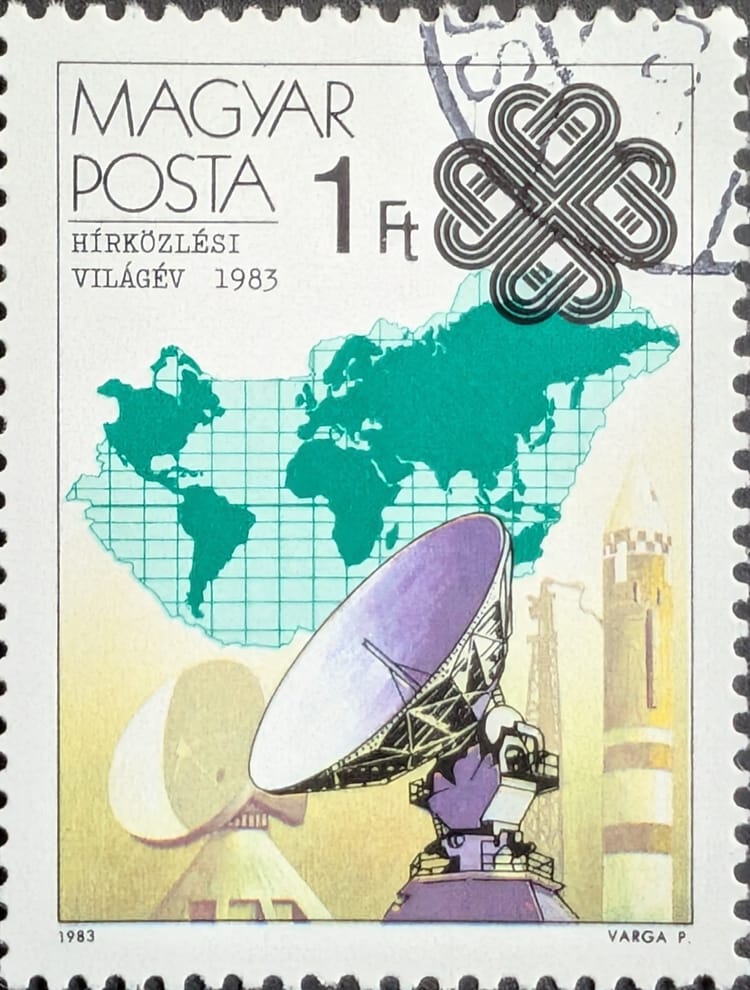Astra’s Challenges; Loft Orbital Goes Bigger

I’ve written a few analyses about Astra Space, Inc. My point during my many references of Astra was that the company should be focusing on getting its launch service operational. Getting to that gate would have allowed Astra to put the rubber on the road and discover whether its market assumptions were correct or faulty.
Noodling with the Truth
The company’s management always made optimistic claims about its business. Not only that, Astra’s management tended to market claims that made it obvious they believed concepts such as truth were malleable. Similar to the way a child molds Play-Doh into different-appearing shapes, the company made various fanciful claims, such as, “Astra fundamentally is a software company…,” or, “...the fastest privately funded company in history to reach space….” At the time of the latter statement, June 2021, Astra hadn’t successfully launched a rocket–although it technically reached space. But investors shouldn’t have to deal with marketing couched in technicalities.
The company’s willingness to put those “non-truthy” statements out there should’ve concerned those considering investing in the company. It should definitely have alarmed those already invested in it. After all, each shift in marketing narrative and CEO focus points to a company pursuing the various industry flavors-of-the-day, constantly behind in its pursuit of trends instead of setting them. Like the Play-Doh in a child’s hands, descriptions of Astra’s progress and purpose were molded from equivalent giraffes to pancakes with ease.
Each change violates fundamental business rules and messaging. It’s one thing to change course in pursuit of a goal, but it’s quite another to keep changing goals (all while stating the goals haven’t changed). The marketing alone violates storytelling tenets because each change adds to the seeming stream of insincerity from the company. Most people usually sense insincerity.
Those statements, the seeming flailing from one business focus to another, the over-optimistic company launch predictions, and the oh-so-many other reasons should have given pause to anyone considering working with Astra. Now others are beginning to add reasons to doubt Astra’s claims.
A Short Story
One financial firm, Kerrisdale Capital Management, LLC, has published a pretty good analysis full of reasons why people should be “shorting” Astra, titled “Headed for Dis-Astra.” The firm lists some grounds similar to my concerns and provides more comprehensive observations and details that justify shorting Astra’s shares. A few other (but not all of the) reasons the company believes shorting is a good idea:
- Unreal market assumptions
- Launch tech isn’t futureproofed
- Launching from anywhere in the U.S. isn’t legally possible
- Broadband constellation announcement is not a realistic option
While I am not familiar with the firm, there’s a lot of good reading to be had in Kerrisdale’s document. As importantly, it looks like whoever did the writing also understands the space industry. For what it’s worth, the author’s concerns seem valid and uses numbers to back them up. The firm’s upshot is that Astra isn’t looking too great.
For those wondering how a company such as Astra gets so far, one possible reason is that it uses a decently-regarded industry narrative to its advantage. The space industry story of smallsat/newspace growth and the money to be made from that growth encourages greed in people as they overlook questionable assumptions and statements. However, there’s truth to the idea of growth since many smallsats deployed in 2021 (even when excluding OneWeb and Starlink satellites). With growth, there is opportunity. For some people, that narrative and potential opportunity were enough to believe Astra’s pile of Play-Doh.
Moving on to a different startup: Loft Orbital.
New and Old Ideas
Loft Orbital has a different business model when compared with other satellite operators. The company offers space for five different sensors onboard a single satellite. Loft already has two satellites in orbit and appears to have two satellites with “tenants” already manifested. Each of these payloads can be owned by a different company. Loft takes care of satellite operations and notes that raw payload data is downloaded to the payload operator. While the concept of multiple payloads with different owners on a single satellite seems new, government satellites have been doing this kind of “sensor condo in space” concept for decades.
But a commercial satellite specifically focused on providing payload space on a single satellite for up to five different customers is unusual. A worthwhile question for Loft’s customers to ask the company is how payload operations and resource prioritization would work. There will likely be a high-paying customer as one of the five payload owners. If that customer is a government entity, smaller-budget commercial payload operators may not get the resources they need. Resources on a small satellite, such as power, are finite. And heaven forbid if one customer’s payload causes issues impacting those belonging to other customers.
Going to Need a Bigger Bus
Loft’s satellites are small but not cubesat-sized. They use a small satellite bus–LEOStella’s LEO-100–with a mass of ~100 kg. It may be that 100 kg mass is the upper limit of what the LEO-100 can carry, which could be why Loft is also working with Airbus. Last week, Airbus announced an agreement with Loft for 15 satellites based on OneWeb’s Arrow bus. The bus, with a payload, can have a mass up to 200 kg, double that of LeoStella’s offering. Loft did not state that doubling the mass would mean they can double the number of payloads available per Arrow-based satellite. Instead, it may mean that specific customers expressed a desire for a larger payload allocation.
As relevant may be how quickly Airbus can manufacture these satellites. A company brochure about Arrow highlights that the company can manufacture up to fifteen OneWeb satellites a week. Perhaps, then, even though Loft extended its agreement with LEOStella earlier in this year, Airbus might be able to deliver its fifteen satellites much more quickly than what LEOStella can produce. Loft’s agreements with different manufacturers are also smart–using available satellite busses instead of developing its own. That requires less development time and manufacturing resources. When I initially started writing up this analysis, I thought Airbus’ Arrow manufacturing would be the topic focus. And while it’s interesting, Loft Orbital’s business model is compelling.
There have been many cases when a satellite is waiting for a payload to be certified or manufactured. This cascades into delays in payload integration, satellite shipping, launch, and other hurdles. In the case of Loft, however, if a payload is a problem, the company might be able to be very flexible in its integration approach. It can probably move the payload to a satellite bus that will launch later. It can then integrate a different payload into the vacated bus space with likely minimal changes and no delay. None of the other payload operators suffer from another company’s slower pacing.
The question, which Loft seems to be answering, is if there are enough customer payloads to justify this business. The fact that Loft is going with a larger satellite bus, probably paying significantly more while doing so, indicates it believes there are.




Comments ()